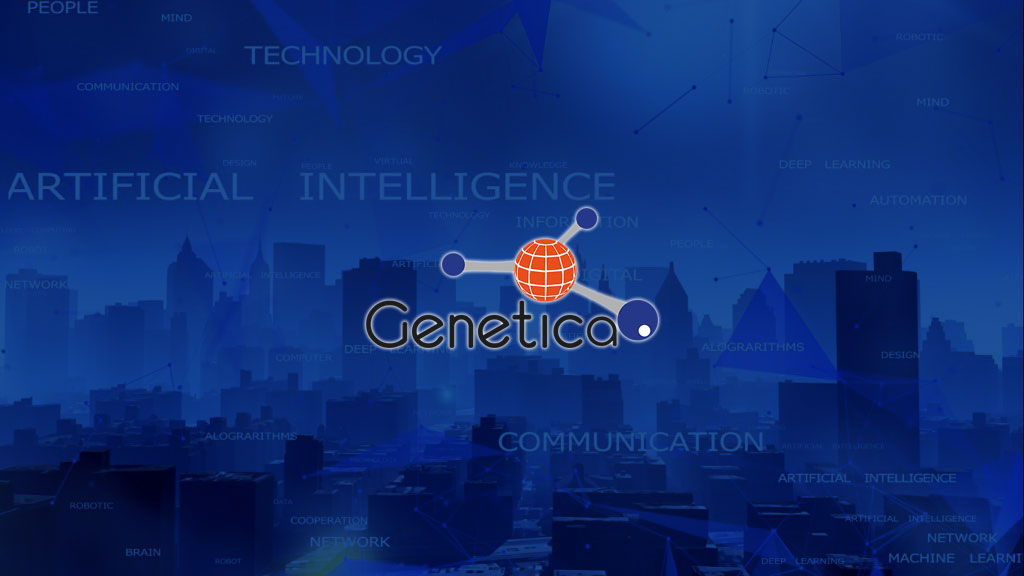Artificial intelligence (AI) has the potential to revolutionize many industries and improve our lives in countless ways. However, as with any powerful technology, it is essential to consider the ethical implications of its development and use. This blog post will explore some critical considerations surrounding ethical AI, including bias, transparency, accountability, and privacy.
One of the primary concerns when it comes to ethical AI is the issue of bias. AI systems are only as unbiased as the data they are trained on; if that data contains biases, the resulting AI system will also be biased. This can have serious consequences, as AI systems are increasingly used in decision-making processes such as hiring, lending, and even sentencing in the criminal justice system. If these AI systems are biased, they can perpetuate and amplify existing societal inequalities.
To address this issue, it is essential for those developing and using AI systems to be aware of the potential for bias and take steps to mitigate it. This can include carefully selecting and cleaning the training data, testing the AI system for bias, and regularly reviewing and updating the system to ensure that it remains unbiased.
Another critical ethical consideration regarding AI is the issue of transparency. As AI systems become more complex and are used in a broader range of applications, it can be difficult for the average person to understand how they work and what factors they take into account when making decisions. This lack of transparency can make it difficult for people to trust AI systems and can also make it challenging to hold those responsible for the AI accountable if something goes wrong.
To address this issue, it is essential for AI developers to be transparent about how their systems work and to provide clear explanations of the decisions that they make. This can help build trust in AI and ensure it is used ethically.
Accountability is another important ethical consideration when it comes to AI. As AI systems become more prevalent in our lives, it is vital to ensure a transparent system is in place for determining who is responsible if something goes wrong. This can be particularly challenging regarding AI systems that operate autonomously, such as self-driving cars.
To address this issue, it is important to establish clear guidelines and regulations around the development and use of AI and to ensure that there are mechanisms in place for holding those responsible accountable if something goes wrong.
Finally, the issue of privacy is another critical ethical consideration when it comes to AI. AI systems often rely on large amounts of data, and the collection and use of this data can raise privacy concerns. It is essential for AI developers to be mindful of these concerns and to take steps to protect the privacy of individuals whose data is being used. This can include implementing robust privacy policies and procedures, using secure data storage and transmission methods, and obtaining the appropriate permissions before collecting and using personal data.
In conclusion, the development and use of AI raise several ethical considerations that must be carefully considered. These include issues of bias, transparency, accountability, and privacy. Taking a thoughtful and ethical approach to AI can ensure that this powerful technology is used to benefit society and improve our lives.
Like to know more about how the Genetica platform identifies and eliminates data bias?
Contact Genetica @: www.genetica.ai/contact-us/

